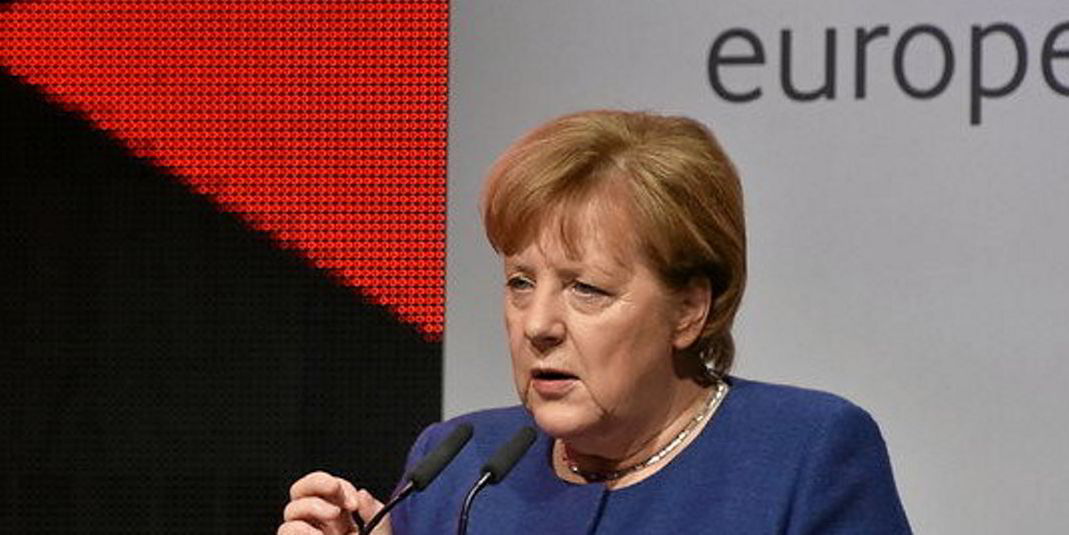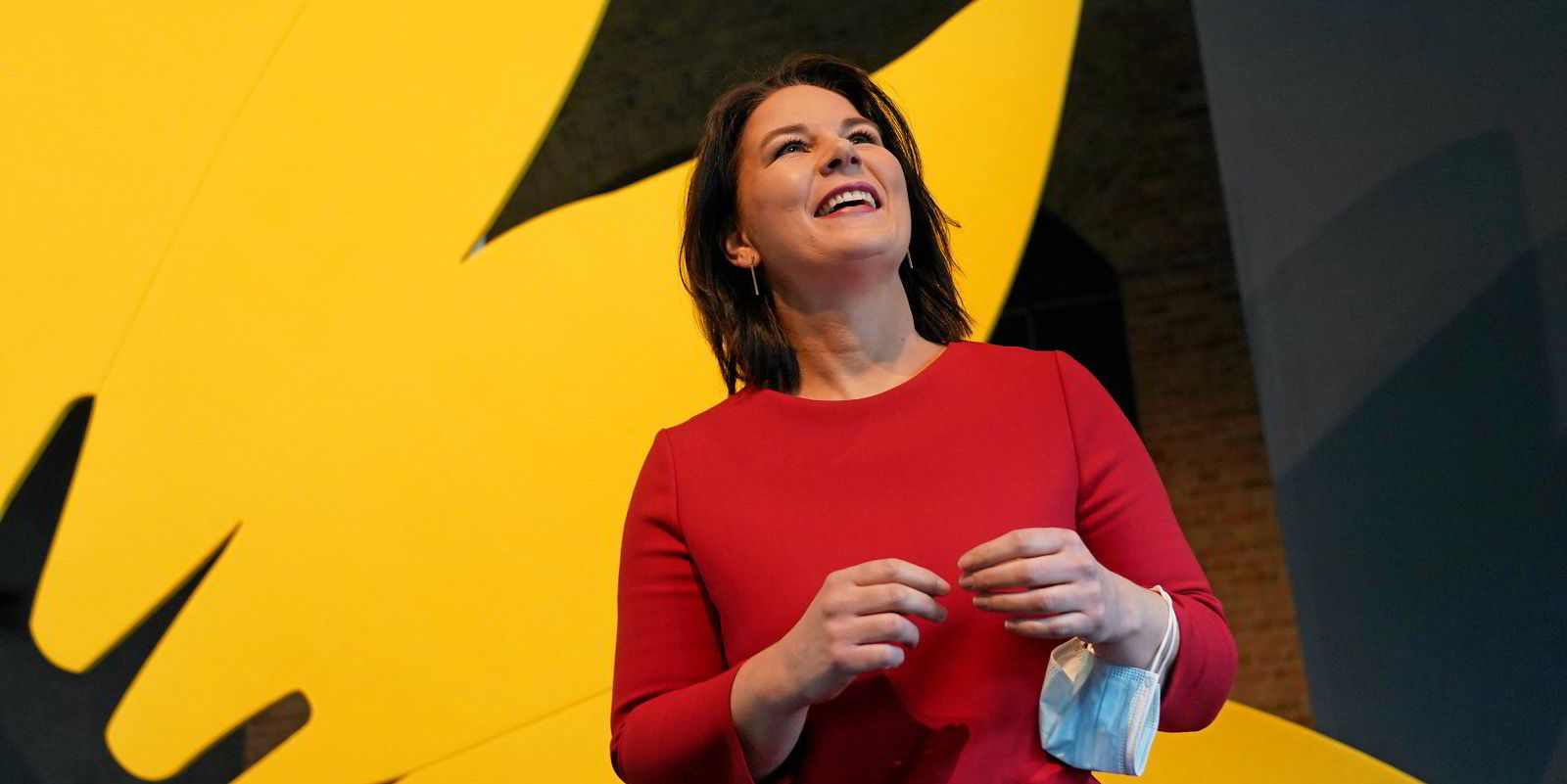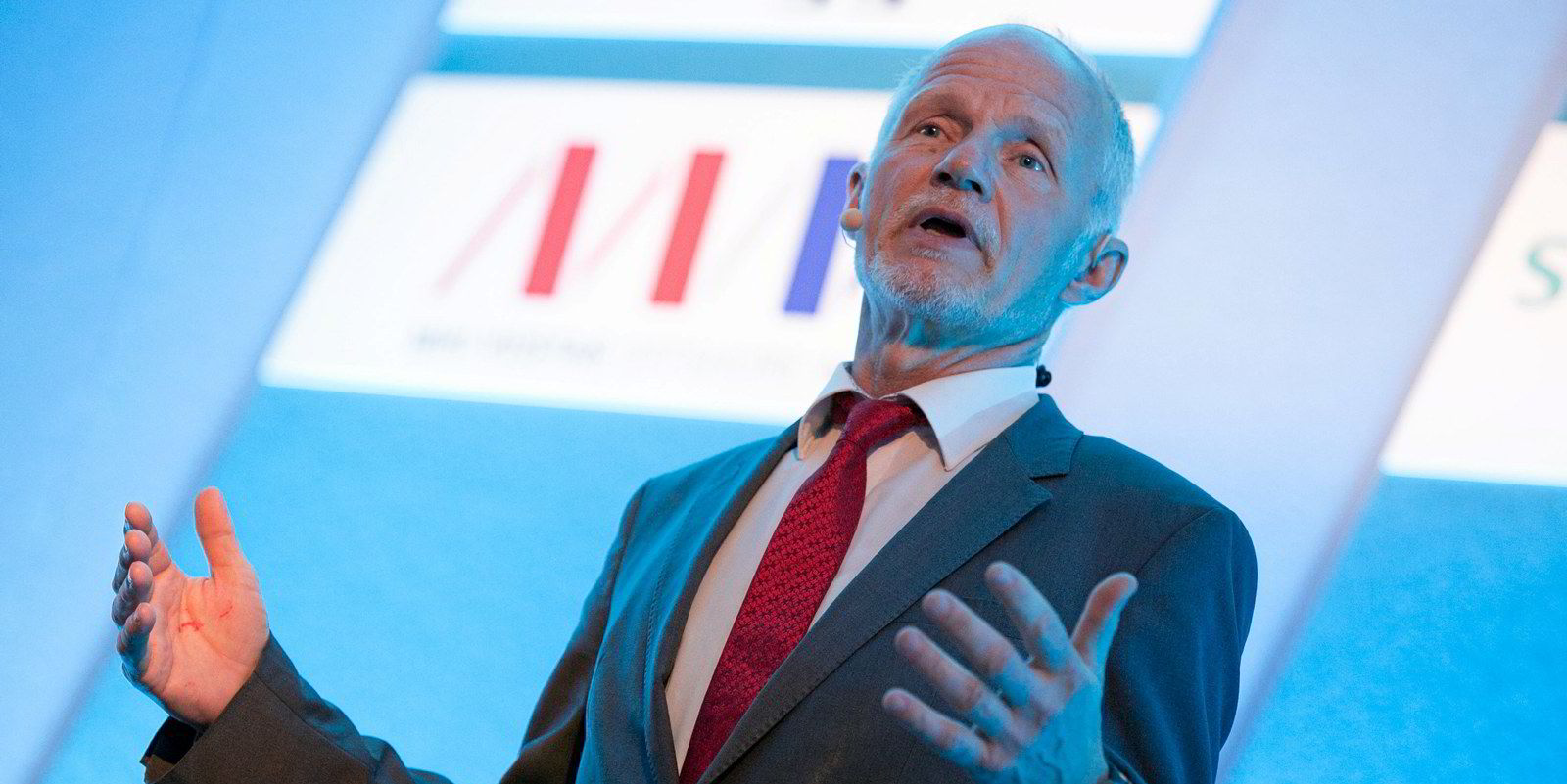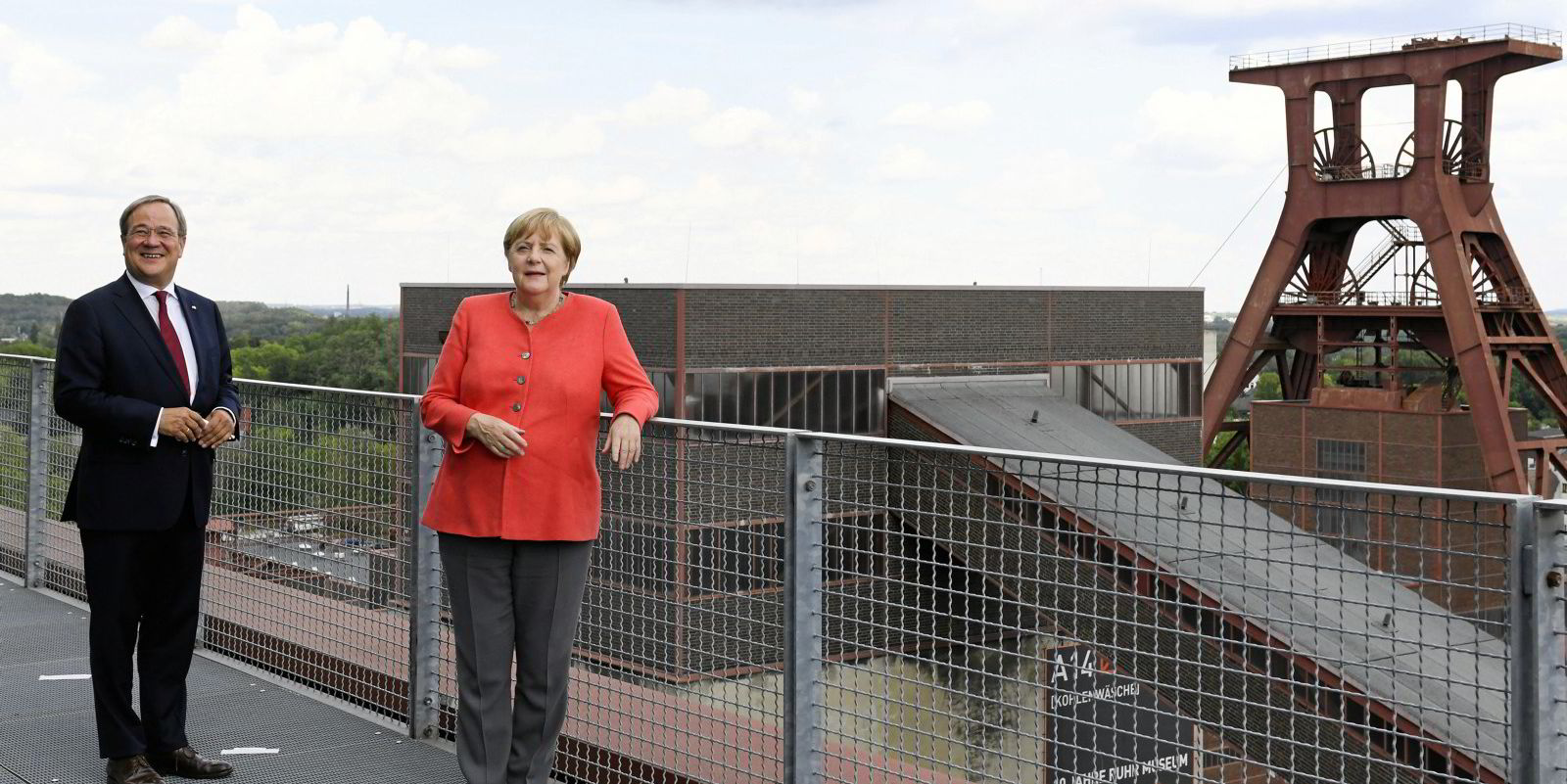Germany’s constitutional court said a 2019 climate law is inadequate as it violates the freedoms of younger generations by pushing the bulk of emission reductions needed under the Paris climate agreement post-2030, in a boost to renewables and green campaigners.
“A huge win for the climate movement!” tweeted Luisa Neubauer, one of the best-known activists from Germany’s Fridays for Future climate movement .
“One year ago, we filed a case against the German government and its climate law. Today, the German constitutional court has decided that climate justice is a fundamental right. Today’s inaction mustn’t harm our freedom and rights in the future.”
The climate law must now be adapted by the end of next year.
Germany as part of its climate legislation had targeted to lower greenhouse gas emissions by 55% by 2030 when compared to 1990 levels.
Friday’s for Future, the Green Party opposition and climate scientists had deemed the emission cut goal as too low, and the country’s deadline for phasing out coal and lignite in 2035-38 as too late.
The ruling will put pressure on the government of Angela Merkel to sharpen its climate policy, but it is unlikely the coalition between the Chancellor’s conservatives and her Social Democratic allies will still be able to do that before September general elections.
The Greens, which recently have emerged as the main competitor to Merkel’s Christian Democrats and their Christian Social Union (CSU) sister party from Bavaria, could be strengthened further by the ruling.
"The ruling is important because it strengthens the rights of future generations to a safe environment and obligates policymakers to a long-term commitment,” said Ottmar Edenhofer, director of the Potsdam Institute for Climate Impact Research.
“It confirms in legal terms what research has been saying for quite some time: first, greenhouse gas emissions from fossil fuels threaten our children's rights, their freedom and security.
“Second, we must not postpone the transition to clean energy into the future, but start quickly and then keep on going permanently.”
The renewable energy federation BEE said Berlin must now legislate precisely how the path to climate neutrality can be achieved after 2030 as the current climate targets up to that year aren’t nearly ambitious enough.
“As a result, larger steps will be necessary after 2030, which will then have to be linked to significantly more ambitious measures,” BEE president Simone Peter said.
“We already have to think long-term here today: economy and ecology work together, strengthen the business location and create jobs.”
Renewables are a key for climate protection, and the government must finally find a way to foster their expansion in all sectors, Peter added.




